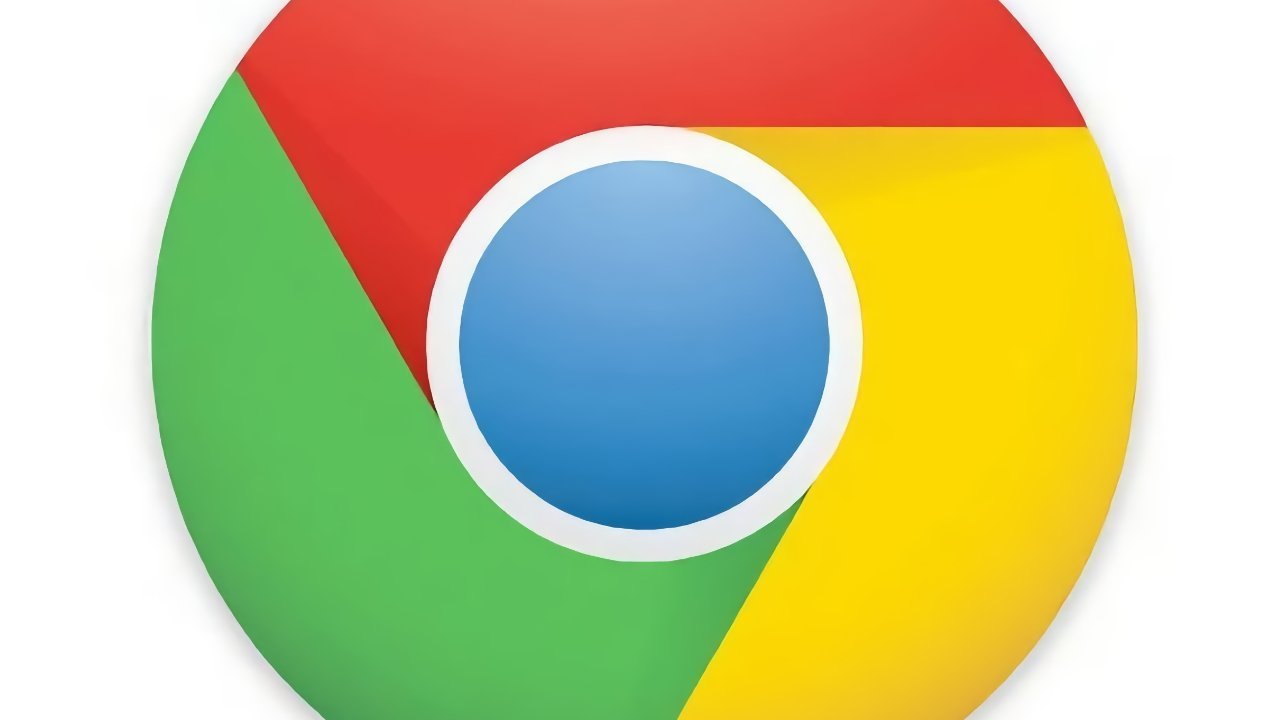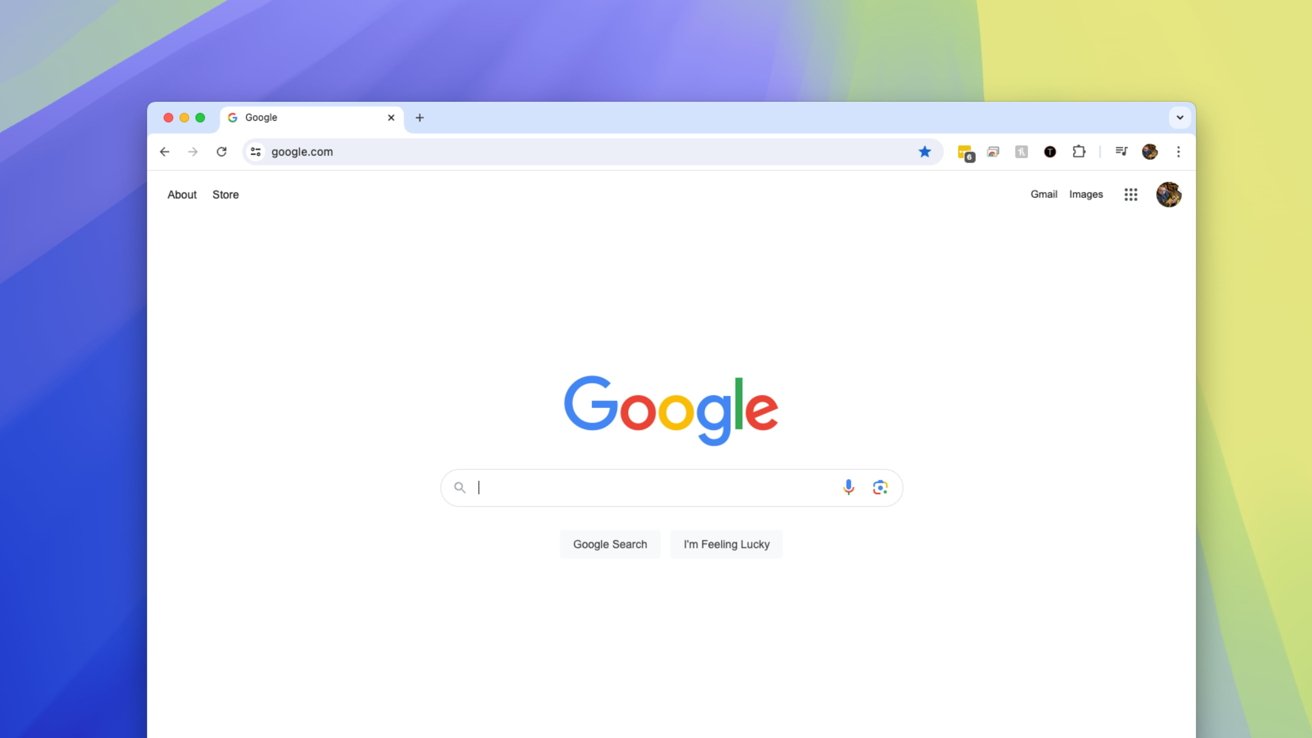Four years after declaring it wanted to block third-party cookies in Chrome, Google has confirmed it won't block the online trackers after all.
In 2020, around the time when Apple blocked third-party cookies in Safari, Google insisted it would do the same thing. Four years later, Google has seemingly given up on blocking them.
A blog post from Google VP Anthony Chavez about the Privacy Sandbox published on Tuesday says that the plan is moving in a different direction.
"Instead of deprecating third-party cookies, we would introduce a new experience in Chrome that lets people make an informed choice that applies across their web browsing, and they'd be able to adjust that choice at any time," writes Chavez. "We're discussing this new path with regulators, and will engage with the industry as we roll this out."
The post explains that Google received feedback from many different parties, including the UK's Competition and Markets Authority and Information Commissioner's Office, as well as online publishers and standards groups. The feedback helped Google make solutions for a "competitive and thriving marketplace" and encouraged the use of privacy-enhancing technologies.
Privacy Sandbox, Google's APIs as part of its privacy plan, were apparently promising in testing, with the potential to improve as more in the industry adopted their use. However, this also meant "significant work" was needed by many participants, and that it would impact online publishers and the online advertising market in general.
Commenting on Google's cookie change of heart, Stephen Bonner of the UK's ICO told BBC News "It has been our view that blocking third-party cookies would be a positive step for consumers. The new plan set out by Google is a significant change and we will reflect on this new course of action when more detail is available."
"Our ambition to support the creation of a more privacy friendly internet continues. Despite Google's decision, we continue to encourage the digital advertising industry to move to more private alternatives to third party cookies - and not to resort to more opaque forms of tracking"
The cookie plan crumbles
Google's intentions for Privacy Sandbox, which was meant to block third-party cookies, had trouble from the outset. A year after starting work on it, Google said that the initiative would have to be delayed since "more time is needed across the ecosystem to get this right."
By 2022, Google gave up on a plan called FLoC, or a Federated Learning of Cohorts. Rather than cookies, an in-browser algorithm would analyze the user's browsing history to work out their "interest cohort."
The idea would put the user into a group of thousands of people with similar interests, who would be targeted en masse by advertisers instead of individually.
That same year, rival browser Firefox joined Safari in controlling cross-site browser cookies, under a feature called "Total Cookie Protection." The change meant yet another browser had beaten Chrome to the cookie punch.
Google also faced intense pressure from the advertising industry over the plan. In January 2022, a group of publishers and advertisers in Germany complained to the EU competition chief to investigate Google's cookie-blocking proposal.
"Google must respect the relationship between publishers and users without interfering," the complaint read.
While the old plan of blocking third-party cookies is now dead, it remains to be seen exactly what Google's new plan for Chrome will be. Whatever it turns out to be, it's almost certain there will be pushback from an industry keen to know everything about their advertising audiences.
 Malcolm Owen
Malcolm Owen








-m.jpg)






 Wesley Hilliard
Wesley Hilliard

 Oliver Haslam
Oliver Haslam
 Christine McKee
Christine McKee
 Amber Neely
Amber Neely
 Andrew Orr
Andrew Orr

 Sponsored Content
Sponsored Content








12 Comments
An obvious decision. Money first $$$
Google has one thing and one thing only going for it on the revenue front: Search.
Android doesn't make money and every hardware effort has been buried the Google Graveyard now numbering 255 headstones.
If Google blocks third party cookies it's cutting off it's nose to spite it's face. Never, ever going to happen.
:D
I knew this was going to fail when I first heard of it. Google was never going to block their own cookies and other tracking technology, so to do so to others — even in the name of user safety — was hypocritical and likely would have resulted in a massive lawsuit.
Shouldn't this article be titled, "Google gives up on Chrome plan to take over the web"?
Google Chome is a gigantic cookie.